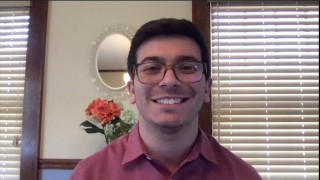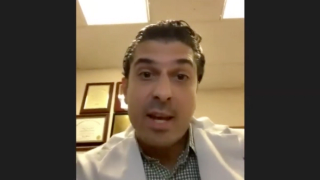
Stroke
Latest News
Latest Videos

CME Content
More News

Peter J. McAllister, MD, FAAN, medical director and chief medical officer, New England Center for Neurology and Headache, offered his insight into data from the phase 2 STEMTRA trial in TBI and the trends he’s observed in the field of regenerative medicine.
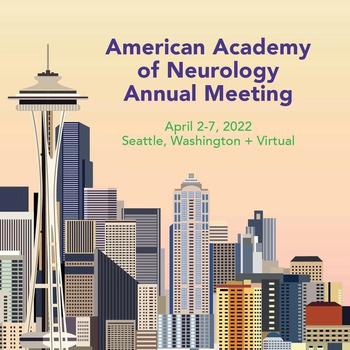
Expert clinicians offer their insight on the associations between stroke and COVID-19, treatment for traumatic brain injury, the latest on aducanumab, priorities for research in migraine, and more, from the 2022 American Academy of Neurology Annual Meeting.

After 1 year of follow-up, the cumulative incidences of recurrent intracerebral hemorrhage, cerebrovascular ischemic events, and all-cause death were 2.8%, 3.2%, and 22.0%, respectively, for those initiating or resuming oral anticoagulant therapy.

Following respective improvements in odds of good and poor outcomes, investigators concluded that the addition of mechanical thrombectomy should be considered over best medical management practices alone.

Here's what is coming soon to NeurologyLive®.

Test your neurology knowledge with NeurologyLive®'s weekly quiz series, featuring questions on a variety of clinical and historical neurology topics. This week's topic is epilepsy and seizure disorders.

Take 5 minutes to catch up on NeurologyLive®'s highlights from the week ending April 22, 2022.

Rami H. Ben-Joseph, PhD, executive director, Jazz Pharmaceuticals, provided insight on the real-world CV-BOND study that evaluates the cardiovascular burden in patients with narcolepsy.
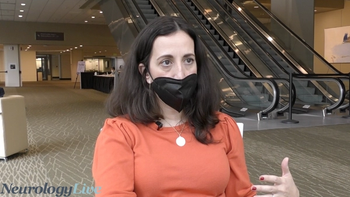
The professor of neurology at NYU Langone Grossman School of Medicine discussed what high-potential repurposed medications could be an option to treat symptoms of COVID-19 and the realistic possibility of clinical trials. [WATCH TIME: 4 minutes]

Here's what is coming soon to NeurologyLive®.

Test your neurology knowledge with NeurologyLive®'s weekly quiz series, featuring questions on a variety of clinical and historical neurology topics. This week's topic is headache and migraine.

Take 5 minutes to catch up on NeurologyLive®'s highlights from the week ending April 15, 2022.
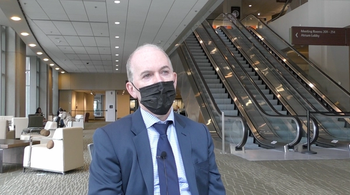
The medical director and chief medical officer of the New England Center for Neurology and Headache discussed notable data from the STEMTRA trial, and the progress made in the field of regenerative medicine. [WATCH TIME: 2 minutes]
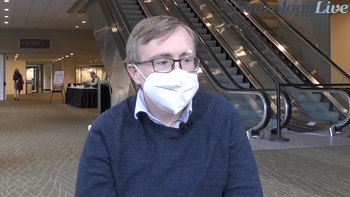
The assistant professor of neurology at the University of Pennsylvania discussed stroke risk among patients with COVID-19 and the need to seek neurological consultation. [WATCH TIME: 3 minutes]

In addition to significantly less disability observed in tenecteplase-treated patients, this group was also administered treatment 9.40 minutes faster than those on alteplase.
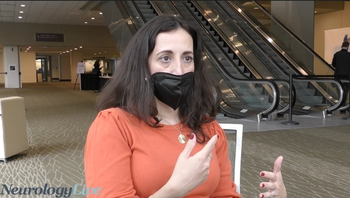
The professor of neurology at NYU Langone Grossman School of Medicine broke down the knowns and unknowns about long-term changes related to COVID-19, their legitimacy, and associations with neurodegenerative disorders. [WATCH TIME: 6 minutes]

Here's what is coming soon to NeurologyLive®.

Test your neurology knowledge with NeurologyLive®'s weekly quiz series, featuring questions on a variety of clinical and historical neurology topics. This week's topic is the history of the American Academy of Neurology.

Mind Moments®, a podcast from NeurologyLive®, brings you exclusive interviews with Jennifer Frontera, MD; Stephen Krieger, MD; Peter McAllister, MD; Kelly Knupp, MD, MSCS; Bruce Cree, MD, PhD, MAS; Shrujal Baxi, MD, MPH; and Indu Subramanian, MD. [LISTEN TIME: 32 minutes]

Take 5 minutes to catch up on NeurologyLive®'s highlights from the week ending April 8, 2022.
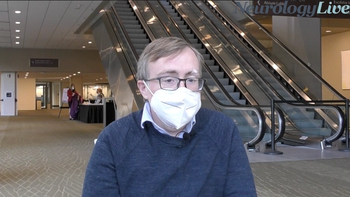
The assistant professor of neurology at the University of Pennsylvania discussed the similarities observed between the results of neurological exams in patients with COVID-19 vs other respiratory infections. [WATCH TIME: 3 minutes]
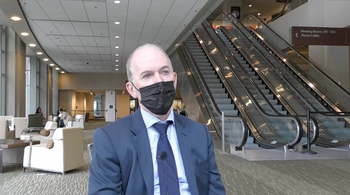
The medical director and chief medical officer of the New England Center for Neurology and Headache spoke to the phase 2 STEMTRA trial results of the stem cell treatment SB623. [WATCH TIME: 4 minutes]

All patients received 100% of the intended stimulations, with no reported deaths, stimulation site reactions, or any cases of acute coronary syndrome or symptomatic intracerebral hemorrhage.
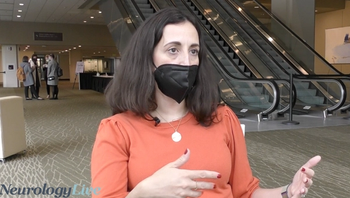
The professor of neurology at NYU Langone Grossman School of Medicine discussed her talk at AAN 2022 on neurological sequelae and follow-up in hospitalized and nonhospitalized patients with COVID-19. [WATCH TIME: 8 minutes]

Here's what is coming soon to NeurologyLive®.












